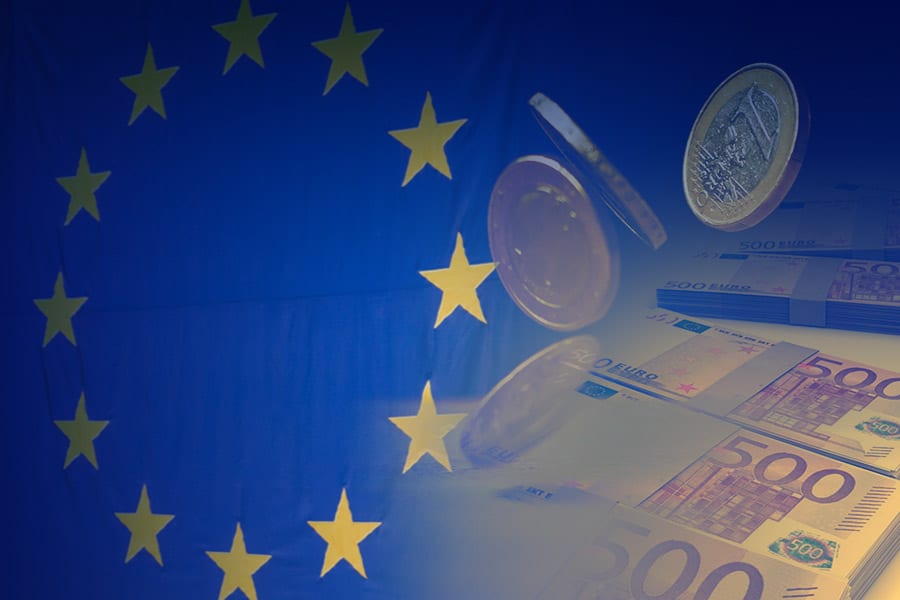The EU4Health initiative is a key source of funding for improving health outcomes across the EU. It has recently revealed some interesting details about its plans for supporting the National Competent Authorities on Pricing and Reimbursement and Public Healthcare Payers (NCAPR), which are the agencies responsible for setting the prices and reimbursement levels of medicines in each Member State. NCAPR will receive grants of €2mn to enhance their cooperation and address common challenges (tinyurl.com/2mfa2xt9 ).
According to the Commission, NCAPR has evolved from a sporadic forum to a regular and voluntary collaboration, with a clear action plan focused on three main areas:
- Making health systems more efficient and affordable
- Increasing transparency, costing and pricing principles
- Finding innovative ways for payment methods, procurement models, novel pricing, and financial protection.
In June, NCAPR held a plenary meeting where they agreed on the following priorities:
- Generating and using evidence to reduce uncertainty
- Working together and negotiating as a bloc
- Shifting from a supply-driven to a demand/needs-driven system
- Ensuring budget sustainability through competition
- Adapting and preparing for a changing legal landscape
- Increasing collaboration across the different decision-makers active in the lifecycle of a medicine
- Leveraging the potential of data sharing
Some of the specific activities that NCAPR could undertake are:
- Mapping and providing guidance on existing pricing and reimbursement policies of interest (e.g., conditional reimbursement systems)
- Defining minimum evidence requirements for pricing and reimbursement applications
- Developing educational material or strategies to improve communication to industry and the public (e.g., on evidence requirements, limits of willingness-to-pay, biosimilars)
- Developing common templates (e.g., for negotiations)
- Conducting pilots (e.g., to explore the use of joint negotiation)
- Developing an approach to moving from a supply driven to a demand/needs driven system
- Developing tools to support pricing and reimbursement decisions (e.g., on pricing and reimbursement status, on criteria for willingness-to-pay)
- Developing guidance on the use of real-world evidence for pricing and reimbursement decisions, taking into consideration existing initiatives such as the EHDS and DARWIN-EU
- Supporting further data collection on prices, such as through the EURIPID database (e.g., with indicators to measure access, through automatisation using application programming interface [‘API’] or webservices, fact sheets and capacity-building)
- Reinforcing existing or new cross-country collaborations
Pharma should keep an eye on some of these ideas, as they could have a significant impact on their market access strategies, such as minimum evidence requirements for P&R applications, common tools for P&R decision making, pilots on joint negotiation and expanding the collection of pricing data through the EURIPID database.
Please also see The European Integrated Price Information Database (EURIPID) has been established as voluntary non-profit collaboration of national pricing and reimbursement authorities in European countries. National pricing and reimbursement authorities have committed themselves to provide national data and foster information and data exchange between the EU countries.
